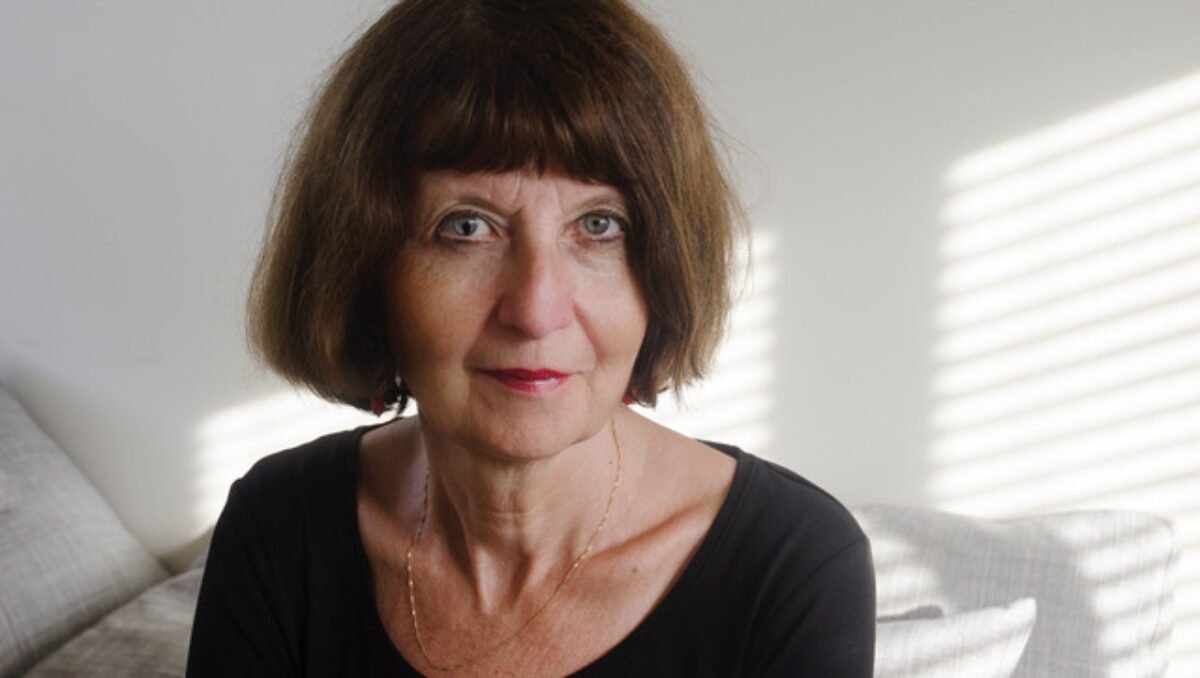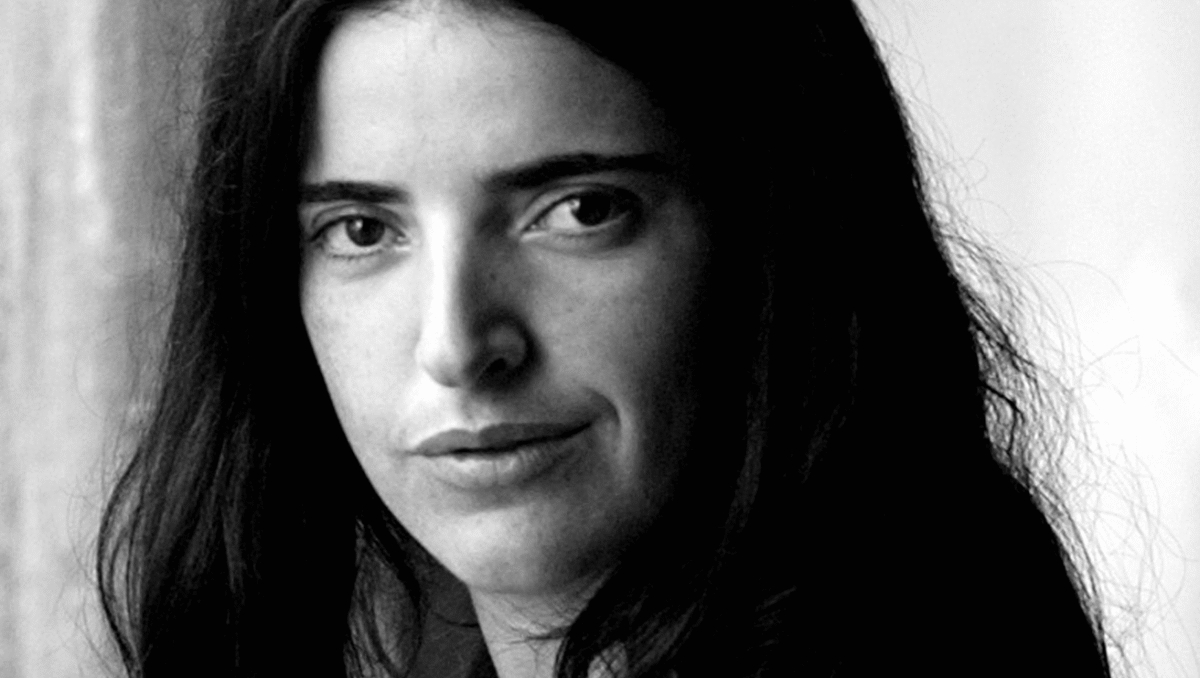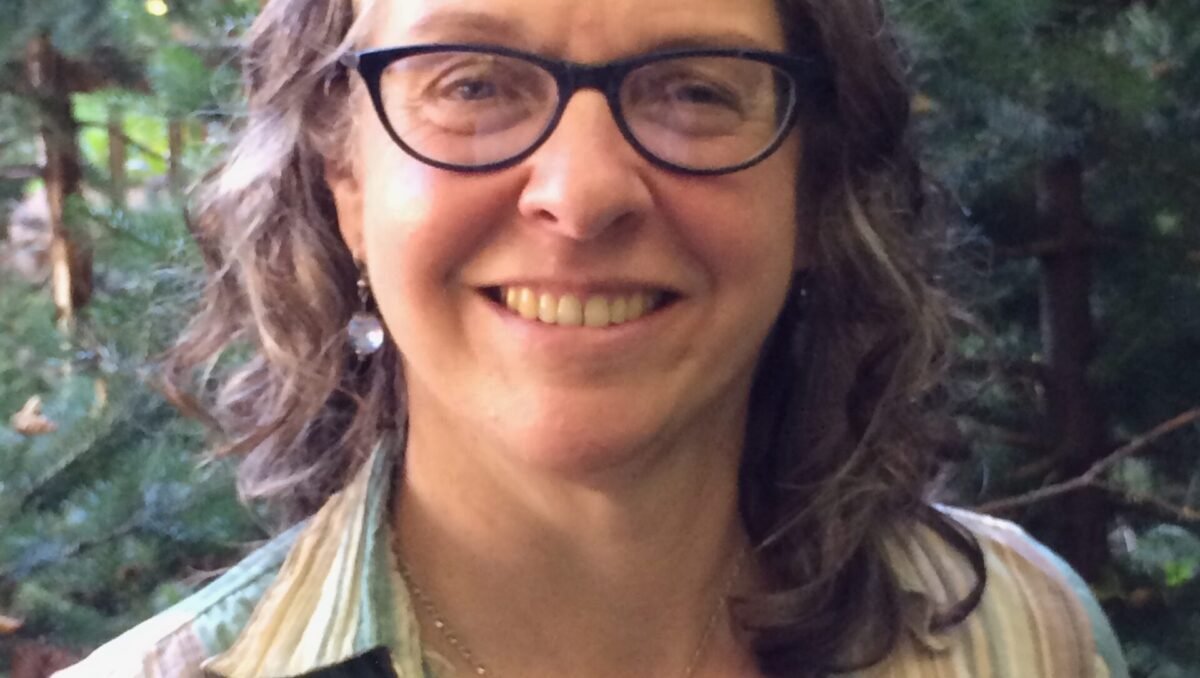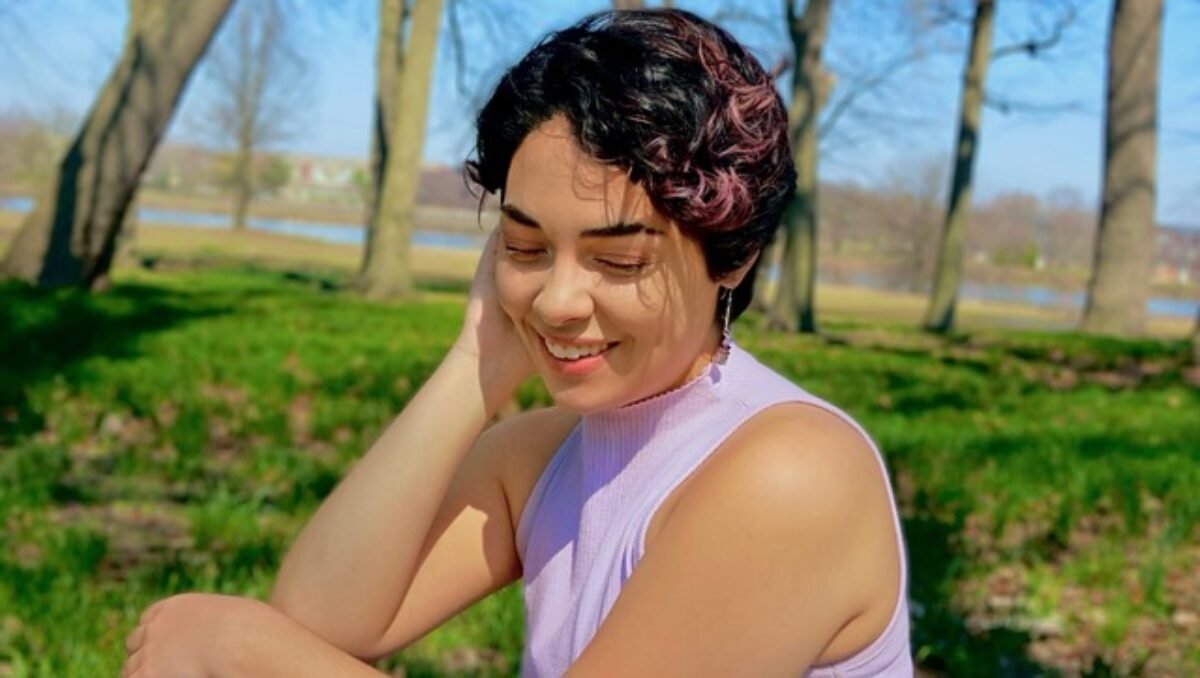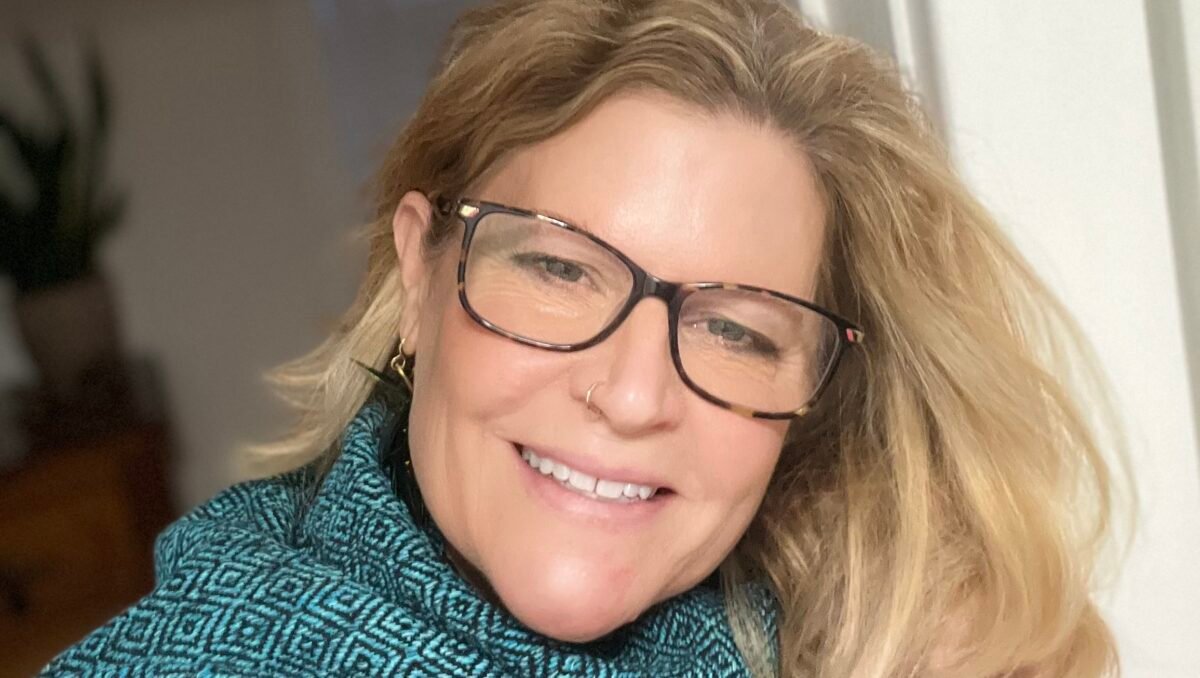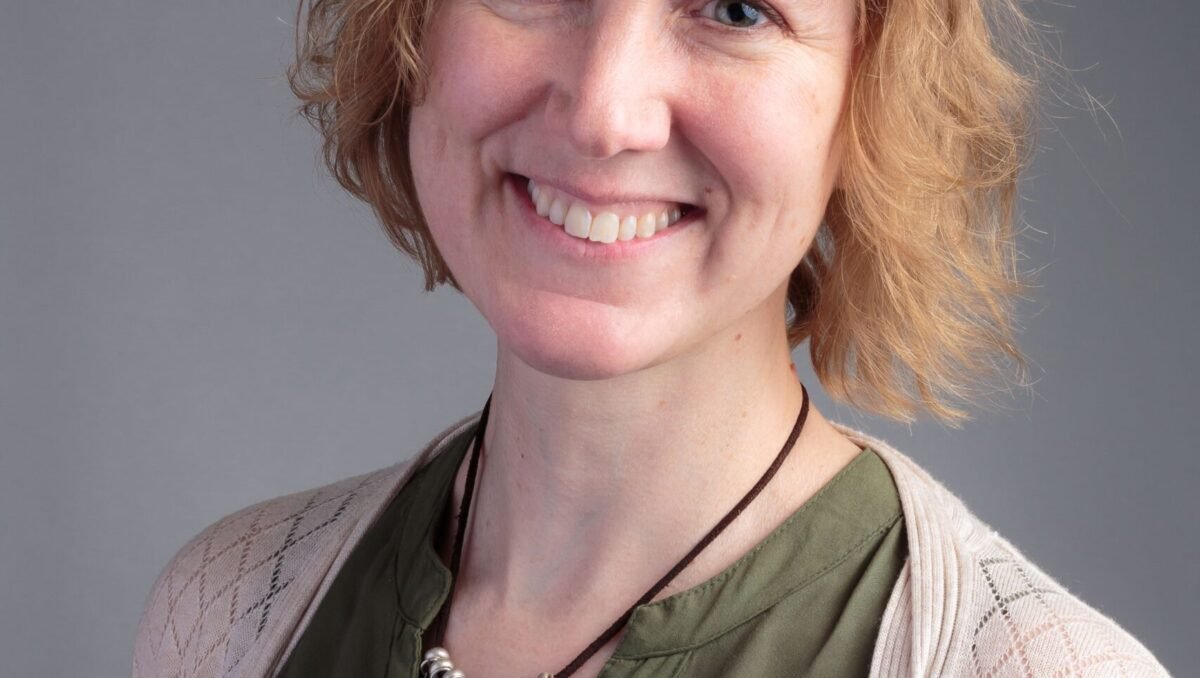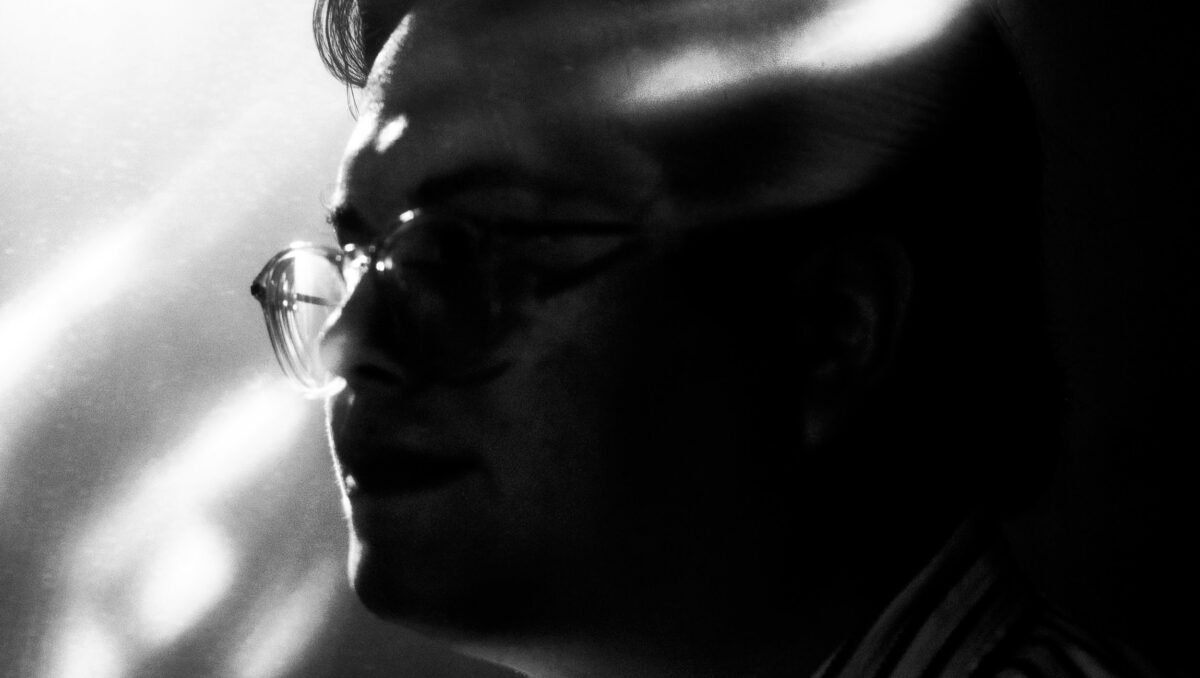FOUR POEMS by Marie Lundquist, translated from the Swedish by Malena Mörling
What do we do with what we lack? A cleft palate weakness, a harmony,
a sibling with whom to share ourselves. Quick and quarreling the rain
falls on memories no one is polishing. A few remain, hidden as if in
secrecy. New names ring over the graves, mute and soft like
moss-mouths.
*
My memory lines up the alphabet so that I can throw knives at it. Each
word carries an executioner’s hood pulled down over its past. My father
climbs up on rickety ladders and screws new light into fly-speckled
lamps. Always this care for the things. About the enlightened child.
*
To speak without friction about death, about the essence of a poem,
about the untruthful in this, by gestures’ created speech. Not to be able to
believe that you can control your life and let your hair fall everywhere. I
warm my hands on the cheek of the child glowing with sleep and carry
forth the words enveloped in mumblings’ quilt.
*
Who am I? Who are you? I lift my name up from the paper and blow on
it. With my hand I open the mountain you walked through.
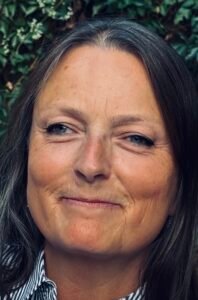 Malena Mörling is the author of two books of poetry: Ocean Avenue and Astoria, and her third collection, Lumina Station, will be published in 2026 by Alice James Books. She has also published translations of work by Nobel Laureate Tomas Tranströmer and together with Jonas Ellerström, a collection of the Finland-Swedish poet Edith Södergran, On Foot I Wandered Through the Solar Systems, the collection 1933 by Philip Levine into Swedish, and they have edited and translated the anthology, The Star by My Head: Poets from Sweden published by Milkweed Editions. Mörling has received a Lannan Literary Fellowship, a John Simon Guggenheim Fellowship, and a Dianna L. Bennett Fellowship from the Beverly Rogers, Carol C. Harter Black Mountain Institute. (Photo Credit: Samuel J. Brady)
Malena Mörling is the author of two books of poetry: Ocean Avenue and Astoria, and her third collection, Lumina Station, will be published in 2026 by Alice James Books. She has also published translations of work by Nobel Laureate Tomas Tranströmer and together with Jonas Ellerström, a collection of the Finland-Swedish poet Edith Södergran, On Foot I Wandered Through the Solar Systems, the collection 1933 by Philip Levine into Swedish, and they have edited and translated the anthology, The Star by My Head: Poets from Sweden published by Milkweed Editions. Mörling has received a Lannan Literary Fellowship, a John Simon Guggenheim Fellowship, and a Dianna L. Bennett Fellowship from the Beverly Rogers, Carol C. Harter Black Mountain Institute. (Photo Credit: Samuel J. Brady)
- Published in Issue 34, Poetry, Translation
THREE POEMS by Bejan Matur, translated from the Turkish by Nell Wright
No spring
The Judas-trees have bloomed
we’re mourning again
no spring
no country
and blood everywhere.
When kissing the earth
They talked about a cavalry girl
walking. Tenacity
crossing valleys, mountains.
Saying as she goes,
how much I believed
how bound I was.
Foremost when climbing
mountains and valleys,
kissing the earth with a breath
no one knows.
As if the mountains were beginning for the first time.
The valleys for the first time traversed.
The mountains remained far away from us
My mother asks about that shifting memory
did we offend the mountains she says.
Are the mountains angry with us?
I love the flowers my mother says.
If I die
gather wildflowers, place them
on my chest.
Speaking this way my mother says suddenly
is the world a lie or the person.
My father driving the car straight toward the mountains
not looking back
says the person is the lie.
The person’s the lie.
Just like the weight of those cradles
just like the glazed beauty of that acorn
the person is the lie.
Each thing appears to us, is lost
the wind brushes us and withdraws.
And like wounds healed by writing, the world
one day heals.
Oh those who don’t heal
their milk smell,
the mother regarding her blue veins feels
grief
the mother regarding the mountains sighs,
the birth.
We move along the road
my mother my father
and desolation
we move toward the mountains that aren’t ours.
And at a crossroads our souls entangle
a moment between past and future
we wait
as though only that moment exists
always that moment.
Father’s indecision
Mother’s silence my
confusion
the past and future were taken from us
we look at the mountains
there is no consolation
and there will be none…
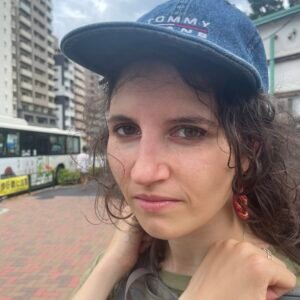
Nell Wright is a writer, translator, and visual artist whose work has appeared in The Paris Review, The New Yorker, Poem-a-Day, and elsewhere. (Photo credit: Benjamin Krusling)
- Published in Issue 34, Poetry, Translation
SYRINX by Alison Mandaville
After five years it’s a vague harassment,
your name in a stranger’s mouth, my ear,
a soft punch up from the gurney. Still—
slight birds wake me with such repetitions:
the branch point adjustment of throat valves, labia
in tension, not warm, not cold-blooded. A liquid resonation,
two resonations, a final exhalation of atmosphere.
What are birds? You once asked.
They are just birds.
No, what class are they?
You mean like vertebrates?
No, like – Ornithers. Ornithitius. Ornithologicals.
They are just birds.
A search proves it. According to birds,
they are their own. And, like the calls of debt
collectors the birds in our yard persist.
So, we acknowledge the definition
of loss: yes, that’s what that is. Brief
morning trill of what you died owing.
Syrinx: the bird voice box, located at the branch point between the trachea and bronchi and containing vibrating tissues called labia, in songbirds capable of making two sounds at once via independent muscle control (https://academy.allaboutbirds.org/birdsong/)
90% DARK by Dina Folgia
The earth did not take me when I was nine, and I hated the earth for it. Each time I came to the place where the lake met the park and pressed my back into the soggy grooves at the boat launch, I flattened and flattened. When I couldn’t sink any lower into the dirt I cried for my grandmother to come push me the rest of the way down. My father put a chocolate bar in her casket when she died, 90% dark. I reached inside to make sure it hadn’t melted yet, and when its wrapper gave under my trembling hand I collapsed. So really, it’s no surprise that when my body surged up and out, aging as humans do into unwieldy mortality, I wanted to pick my death the way a farmer picks from his bushes and feeds himself his own fruits, concerned not with the way their sugars flow. To enjoy from beginning to end, even out of the webs of my fingers. When the lake broke its banks last August, my love and I returned to lay in the mud. I did not push my hands into the dirt. I did not ask to sink. Even the sliding mud held us steady and alive, allowing me to feel for once a future with no certain end. Its sugared, bitter taste. Two women old and grinning who open their tethered palms to see between their sweet hands no happy geode of pills.
DAY 559 by Kim Jensen
If you hit the snooze
you’ll have a little longer to live
in the body of a wolf
to gnaw at a bone in the woods
parading the entrails back to the den
you’ll have more time to be a nobody
an unwanted wallflower
wearing not even half a dress
a few more minutes
to feed a man’s sperm back to him
with a spoon
if you hit the snooze you’ll have
a few more minutes
to run out of gas in the sky
to drop from a cliff
to watch your liver dangle
from a piece of twine
pacing the narrow air
a soundless pendulum
a few more minutes in an icy sweat
gasping out of breath
trying to thread a frayed rope
through the eye of a loop
to save your kids
from falling into a mineshaft
to certain death
if you hit the snooze
you’ll have a moment’s rest
before you’re forced
to face another day
where children are burning
alive in tents
before you’re forced to remember
everyone who has the power to stop it
is already awake
and has been for years.
GHAZAL OF BORROWED GODS: A CENTO* by Laura A. Ring
Her funeral filled the road. O it is the old old
myth. Gone by many names. Trust: I am no God.
A chapel has fallen into ruins. I believe
in the devil. Worse, that there are no gods.
Outside, one statue keeps its head.
The temple roof. Stand and remember its gods.
My dead sisters looked worried. I had forgotten
to provide the stars. I know I frustrate God.
In the rainroom all the nests are cracking.
Water collects in your coffin. I did not see a god.
Sister. Sister, come lay your wound in mine.
I crouch under light. For, clearly, there were other gods.
*Seamus Heaney, Susan Howe, Aditi Machado, Norman Dubie, Donika Kelly, Carl Phillips, Marianne Boruch, Brigit Pegeen Kelly, Olena Kalytiak Davis, Charles Simic, Natalie Shapero, Sally Rosen Kindred, Kim Hyesoon, Katie Ford, Tsering Wangmo Dhompa, Victoria Chang, Laura Kasischke.
BONE ATLAS by Allison Zhang
Seventeen pounds—
the gospel weight
of a skeleton.
Mine is lighter, I think.
It whistles in the wind.
The body, a country
I was told not to settle—
its borders or cities.
I dreamed I was salt,
crushed, dissolving in rain.
The nurses said hydrate,
singing it soft.
But thirst is a clever animal—
it waits behind your teeth,
and never dies.
Once, my reflection
refused to follow.
I named each vertebra
for saints I never prayed to.
I asked for nothing.
Even the air
felt extravagant.
Still, I walked
through winter—brittle,
unfractured.
- Published in Featured Poetry, Issue 34, Poetry
HOLLYWOOD FOREVER CEMETERY by Hannah V Warren
Los Angeles, CA
dear hollywood Snapshot
Paint me indian Peafowl
persuade me a Succulent
my sister & I are lonely
the dead are Good
company
only when I’m alone with Them a lonely with them
Horsehair pattern & revolt
we argue over Mallards
Violence vs Nurture don’t vomit in the
Rosebushes
don’t sleep in the
Crypts
don’t piss on the Geese
don’t desecrate judy garland
don’t cremation don’t steal johnny ramone’s Guitar
& use it as a
Vibrator
rip : strawberry clover & bur clover & wall barley
we Snake our hats Fill them with pink
Peppercorns
lavender scallop a daisy chain to Death
my sister & I fill Perfume Bottles with blood
& sell it to
tourists
we knock Bones on tin cans & call it Religion
we remember all the ways we are
Similar
& the Remembering hurts
- Published in Featured Fiction, Issue 34, Poetry
TWO POEMS by Sebastian Paramo
Extinction Economy,
or The Grapefruit Orchards of South Texas
I didn’t listen. When you said
it’d be bad. I learned the hard
way. It was stupid. A garden
once grew. Then there was a tree. It
bore grapefruit. Someone said, eat it.
Learn something you didn’t before.
A snake oil salesman said it. He
asks if the stars are baring teeth.
Smiling awake? Look, I’m naked.
These secret leaves. We plant orchards.
We become aspiring merchants.
We squeeze the bittered sweetness out.
We left out stories. We left out greed.
Or we made it everlasting.
Pestilence, famine, war, death
—could finally ravage the field.
We’re breaking up. When we started,
we were pure. Nobody else could
peel our skin. Touch the rubied
rind. Your delicious mouth alone.
Let it rot, love. Tell everyone
we’re not together. We ate it.
But everyone was hungry. Plant
another fruit tree. Let limbs frost.
One day, the rich will keep them fenced.
Nothing green. No orchards to tend.
Bruised. Nothing good. Don’t let me pick
for you, or you, or you, or my
self-portrait as a newborn whim.
Listen, an angel could save me.
Wet Bark
I consider the pastoral.
I’m considering the storied violence—when people once
gut bark, they gut buffalo, they grind bones
daily and they wait, and when they
walk down hill country. Years of dust,
years of pollen stick to the fields, grass
blooms. Beasts come grazing. Believers,
come eat. Get sick. Love another. Then die
in places like Dripping Springs.
Driftwood. Spicewood. Blanco. Marble Falls.
Lampasas, Texas. These days feel
like bluffs, like broken-in homes.
Like trespassing signs everywhere
or uprooted. Trees litter yards until
not a single body leaves.
These days, it either rains or
it’s the bygone era of hills
coming like a downpour in April.
I’m drowning and flooded by
denial. Have you heard the news?
We’ve reached the timeline where
we bit jetstreams in the ass. Suddenly,
the slowing patter of sobbing
sounds like my Father dying.
These are the days when Fathers
are buried. Or burned.
He could be godless. I stalked
Barton Creek one morning like nothing
was wrong. Watch me wade knee-deep
in ghosts, the creek, the water snakes, and
watch me cutting branches away. I hike out of
light rain, fog, cloud, thunder—and the flash flood
warning. I keep my chin above water.
I know there’s a meadow. Flowers are coming.
Brambled mornings when the woods get damp
are coming. Birds will eat cedar berries.
And someone will cut and plant something new.
- Published in Featured Poetry, Issue 34, Poetry
TWO POEMS by Rajiv Mohabir
In Sixteen Bridal Adornments You Come,
opening to another. What cannot be
carried from room to room?
You line eyes in burned ghee
cured under the full moon,
toe rings gleam
against your dark
skin, brush the doorstep
of stone. You open another
door. Stay there,
standing. Your earrings flicker,
thresh gold:
a votive collaboration
with candlelight.
You need another
to light your match.
अंतिम श्वास / At My Last Breath
A crow perches on a deer’s collapsing
ribcage in a field of cut corn stalks, gold
tarnished beneath snowfall. The tractor blades
that harrowed the fawn, rust in winter wind,
snow-bitten into fragments. Tomorrow
asphalt cracks widen with thaw. The red
fox curling against the highway shoulder
widens until it opens to earth, each cell
lifting into arid light. When the crow
comes for me I want to recall you full-
leafed at Gaviota beach, your swimsuit
a whelk shell ashore; for the sun of you
to pull me up, to release me to mist.
- Published in Featured Poetry, Issue 34, Poetry
TWO POEMS by Caitlyn Klum
Heaven
What I call Sissy Spacek
time of day. Like an ink stain looming
behind the live oaks. I was draping
laundry over the porch railing to dry
and pretty much thinking
a wild piece of laundry
in the sky. What about you? It disappears
so quick in this heat or folds
over. Otherwise we are filled
with fire. Further away,
trees were emerging
from their brights tents and stretching.
Orange lingering in the clouds,
those open-minded houses.
Isn’t it the worst color?
Like she’s only trying
to look around and go home.
Did you go?
The end of summer was forcing
a flock out a bay window.
That’s all there was today,
but I didn’t. Sometimes I can
think a white veil
over the city. The sun pouring reds
into a space no larger
than a bird. Have you seen it
from every angle? The circus
with its silence stripes
and eyes? Boats
rowing quieter than snow?
Theater of Love
So much was impossible
to realize with only the stage
and its limited materials:
A brick wall, a basket filled
with white sheets, and another interior
behind the scrim, meant for later.
People dressed like Jackie O.
Often, the way they behaved
made you understand the setting
had changed: a sandbox
to a house. A house
to a house overgrown with trees.
The prince fled
through the emergency exit door.
When he died, his father let sand
fall from his hands.
Other times, people
were unintelligible. In the middle
of speaking, the old woman
began to crawl on the ground.
Information moved like stacked plates,
one under the other. On top
was something you knew
or would later know.
- Published in Featured Poetry, Issue 34, Poetry
